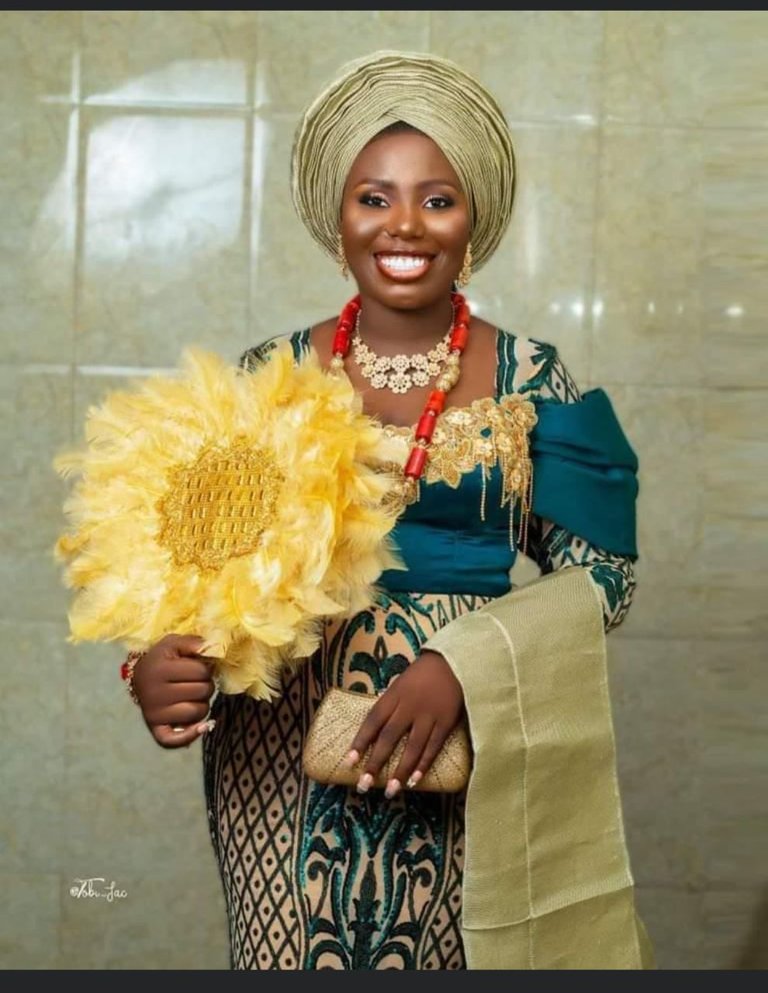Understanding Traditional Marriage in Yoruba Land
Recently, my students were asked to write a letter to a friend describing how traditional marriage is done in their community. As I read their responses and guided them, I felt inspired to write about the traditional marriage process in Yoruba land, especially for those who may not fully understand the beauty and depth of this cultural practice.
Traditional marriage, known as igbeyawo ibile, is a major event in Yoruba culture. It is not just a union between a man and a woman, but also a joining together of two families. It involves several steps, all filled with meaning, respect, and celebration.

The first stage is called “introduction” (mo mi i mo e), which means “let’s know each other.” During this stage, the groom’s family visits the bride’s family to declare their intentions. They don’t come empty-handed; they bring soft drinks, kola nuts, palm wine, and sometimes a bottle of schnapps. It is a simple visit, yet very important. Both families sit, greet each other, and pray together. If everything goes well and the bride’s family agrees, a date is fixed for the engagement ceremony.
Before the engagement day, the bride’s family sends a list to the groom’s family. This list is made up of items they expect as part of the marriage rites. It can include things like yam tubers, palm oil, salt, bags of rice, traditional fabrics, a box of clothes for the bride, shoes, jewelry, and sometimes a Holy Bible or Quran depending on the family’s religion. A symbolic bride price is also included, but in most cases, it is not too expensive. In fact, some families return the money as a sign that their daughter is not being “sold.”
On the engagement day, there is always joy in the air. The groom and his family come dancing and rejoicing. The bride is dressed in traditional attire, often aso-oke, lace, or ankara, with beads and a matching head tie (gele). The ceremony is usually led by a woman called alaga ijoko (MC on the bride’s side) and alaga iduro (on the groom’s side). These women add fun, prayers, and drama to the event.
The bride will come out and greet her parents, and then she goes in and later comes out again to look for her husband. She kneels to present him with a cup of palm wine, showing she accepts him. The groom also prostrates to greet his in-laws. This act of kneeling and prostrating is not just formality. It shows humility and respect.
After prayers, blessings, and exchange of rings or gifts, the families eat, dance, and celebrate together.
In all, Yoruba traditional marriage is more than a wedding. It is a colourful, respectful, and joyful celebration of love, culture, and family values. Watching it or being part of it reminds us how rich and meaningful our traditions are.
Seriously, the Yoruba's Nigeria dont Joke with their Tradition and culture, it's good
That is true! Thanks for stopping by.